Muscle Knot Causes: Are They Harmful
We’ve all experienced tight muscles that make movement uncomfortable. They aren’t usually a cause for concern, requiring movement or a relaxing massage to loosen up. But sometimes muscle knots indicate serious health conditions, including heart problems, requiring medical attention to prevent complications.
Exercise is essential to relieve and prevent muscle tension and spasms, so physical therapy is often recommended. A trained therapist assesses your symptoms and creates a custom program to suit your needs and limitations. They’ll guide you through safe physical activities, offer nutritional advice, and ensure you have the proper emotional support. Knowing possible causes is also vital, which we’ll discuss in the following sections.
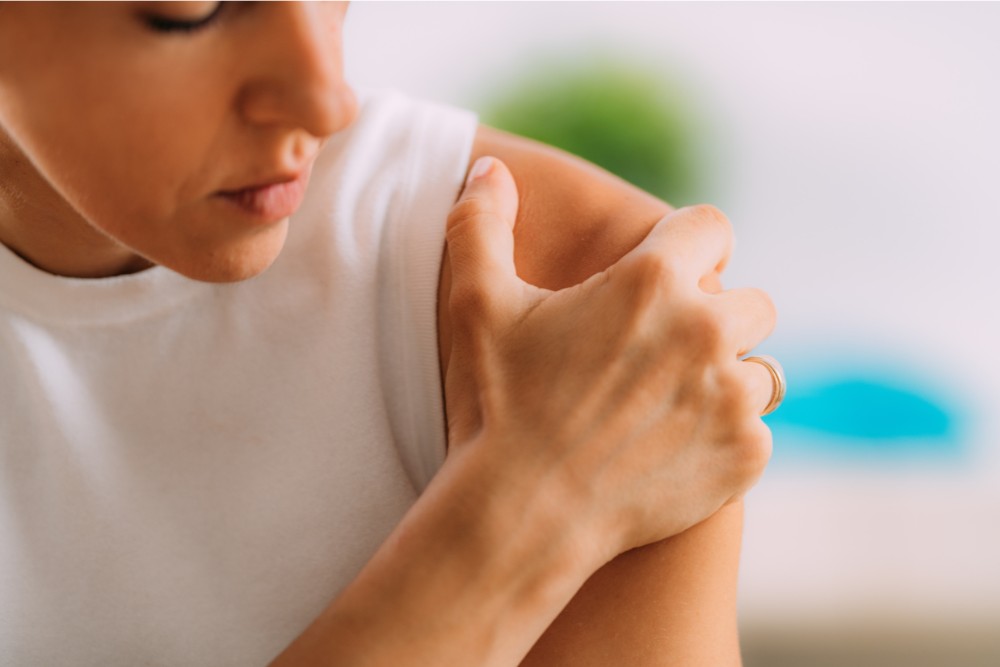
Exercise can be very effective in helping to relieve and prevent muscle knots. They increase blood flow to your muscles, which helps to deliver oxygen and nutrients while removing waste products like lactic acid. This improved circulation can help relax tight muscle fibers and reduce the size of knots.
Causes of Muscle Knots
One of the most common causes of muscle tension is repetitive motions. These often occur in athletes after throwing balls, rowing, running, or other repeated movements. It’s also associated with other routine motions, like hunching over a computer each day. Even cooking or tending bar have repetitious tasks that could cause pain in certain muscles. These knots can appear at any age, from the very young to the elderly.
Evidence also shows poor posture often causes muscle pain and knots. It could result from slouching, improper sleep positions, or increased mobile phone use. The muscles are placed in a compromising position, causing tightness and strain, resulting in knots and other issues.
Constantly looking down at your phone or using a computer without proper ergonomics can strain muscles, leading to knots. Playing piano or doing homework for hours can cause them even at a very young age, when kids and teenagers get pain in their necks from sitting for hours.
Water regulates body temperature, brings nutrients to cells, removes wastes, and protects organs and joints. Without it, dehydration occurs, causing headaches, dry skin, and a sticky mouth. It also causes muscle cramps, making movement painful. Too long without proper hydration could lead to severe issues, including rapid breathing, accelerated heart rate, confusion, dizziness, and eventually death.
You may have noticed how your body tenses whenever you’re stressed. Though helpful when trying to meet a deadline or reach a goal, chronic and emotional stress has harmful side effects. Those tight muscles could develop spasms or knots that don’t always disappear when your body relaxes. The more often you’re stressed, the lower your pain threshold becomes, making those knots harder to tolerate.
Also, anxiety and depression can lead to chronic muscle tension, particularly in the neck, shoulders, and back, which increases the likelihood of developing muscle knots.
Muscle injury is another possible reason for trigger points in the muscle, causing knots that are painful to touch. The more damage done to the muscle, the more likely those trigger points become. Over time, you may even develop myofascial pain syndrome, a long-term condition causing discomfort in the shoulder, neck, back, and head.
What conditions can cause them?
Fibromyalgia often causes widespread pain and tenderness throughout the body, often leading to the formation of muscle knots due to constant muscle tension. People with chronic fatigue syndrome also often experience persistent muscle pain and tension, which can lead to the development of these knots.
An underactive thyroid can cause muscle weakness, cramps, and tension, all of which can contribute to the formation of knots.
The most common symptoms of heart conditions include chest pain, shortness of breath, fatigue, and swelling in the extremities. But unexplained aches in other areas of the body could also occur. Blocked vessels prevent blood from circulating properly, causing muscle tension and knots.
Neuromuscular disorders could also cause weak, tense, or damaged muscles, resulting in spasms or knots. These include muscular dystrophy, multiple sclerosis, myopathy, and myositis. The symptoms of such conditions could be noted during infancy, while others develop over time.
What is inside them?
Muscle knots are made up of tight, tense muscle fibers. But they aren’t actually twisted-up masses of tissue as the name suggests. Instead, they are spasming, causing the pain you feel when you move or press the area. They are often relieved with massage, stretching, ultrasound, dry-needling, or other therapeutic techniques.
They are basically a bundle of over-contracted muscle fibers surrounded by restricted circulation, increased sensitivity, and sometimes inflammation.
Resources:
- UWHealth, February 1, 2019, Bringing release to “knotty” muscles
https://www.uwhealth.org/news/bringing-release-to-knotty-muscles - NCBI, April 2019, Assessment of predisposing factors in myofascial pain syndrome and the analgesic effect of trigger point injections – A primary therapeutic interventional clinical trial
https://www.ncbi.nlm.nih.gov/pmc/articles/PMC6460974/ - Mount Sinai, Dehydration
https://www.mountsinai.org/health-library/diseases-conditions/dehydration - Cleveland Clinic, February 8, 2023, 10 Strange Things Stress Can Do to Your Body
https://health.clevelandclinic.org/things-stress-can-do-to-your-body - Mayo Clinic, Myofascial pain syndrome
https://www.mayoclinic.org/diseases-conditions/myofascial-pain-syndrome/symptoms-causes/syc-20375444 - Harvard Health Publishing, August 8, 2023, 5 Overlooked Symptoms That My Signal Heart Trouble
https://www.health.harvard.edu/heart-health/5-overlooked-symptoms-that-may-signal-heart-trouble - Cedars Sinai, Neuromuscular Disorders
https://www.cedars-sinai.org/health-library/diseases-and-conditions/n/neuromuscular-disorders.html - Piedmont, What Causes Muscle Knots
https://www.piedmont.org/living-real-change/what-causes-muscle-knots#:~:text=Injuries%20from%20overuse%2C%20heavy%20lifting,strain%2C%20tear%2C%20twist%20or%20strain
This article contains informational and educational materials and does not replace health or medical advice. For questions or concerns regarding your medical condition or health objectives, speak to a qualified physician or healthcare provider.
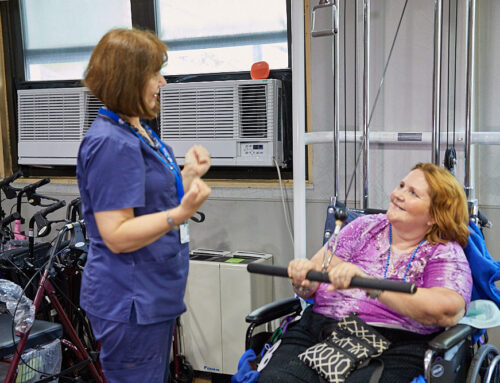
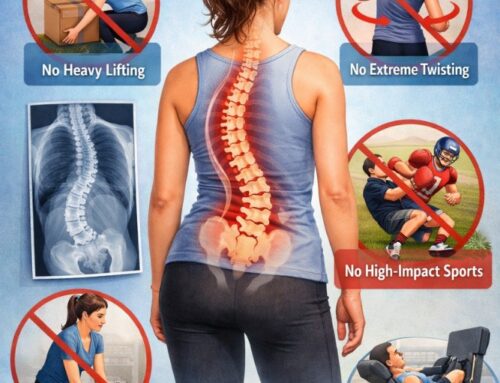
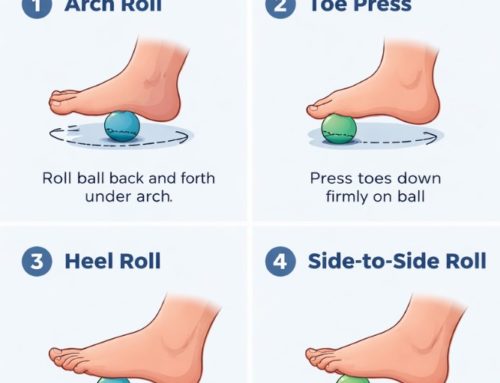
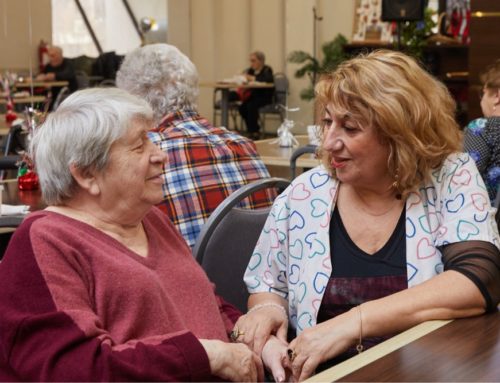
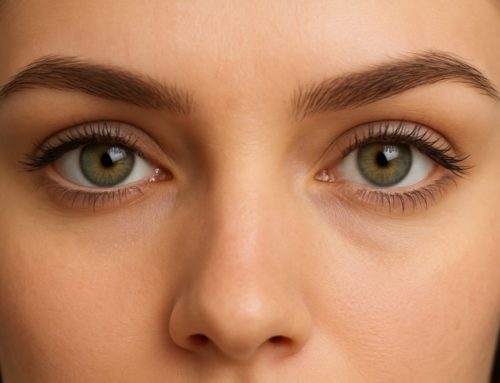

Leave A Comment